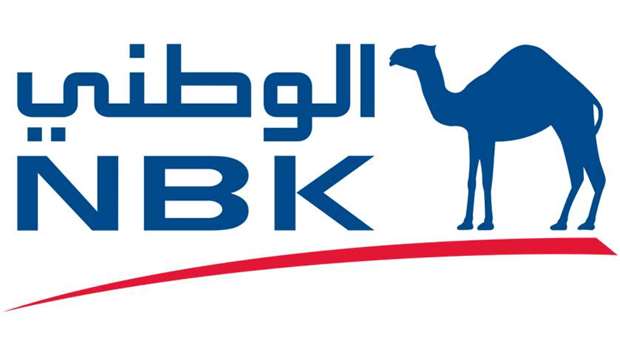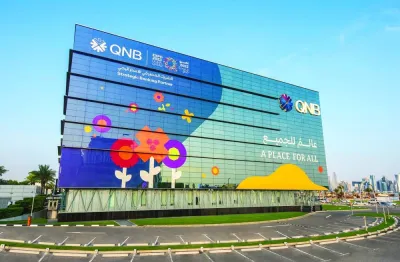The oil demand outlook for first quarter 2021 (Q1) appears murkier, with Europe’s demand for transportation fuel in particular expected to undershoot expectations given the lockdowns in place and slow pace of vaccine rollout, National Bank of Kuwait (NBK) has said in a review.
Oil prices have surged in recent weeks, propelled by vaccine optimism and, more recently, by tighter supply-side dynamics, NBK said.
By mid-January, Brent crude was up $5 in 2021 so far to an 11-month high of $56/barrel, a rise many are also increasingly seeing in the context of an emerging broader commodities uplift driven by Chinese and emerging market demand.
Brent closed 2020 at $51.8, reducing its losses for the year to 22%, having been down as much as 71% year-to-date (ytd) in mid-April.
US President Joe Biden’s stimulus package and recent US crude inventory drawdowns as well as dollar weakness have been supportive of the oil rally.
The Saudi decision to pare back its own production by 1mn bpd in February and March to head off fresh oil demand weakness – appears well-judged, though viewed in some quarters as a concession to head off potential output increases from Opec+ members.
Russia will be allowed to increase its production by 65,000 bpd and Kazakhstan by 10,000 bpd in each of the next two months.
In aggregate, NBK noted Opec+ output will therefore fall by 925,000 bpd in February before the cuts ease to 850,000 bpd in March.
For Kuwait and the UAE, production will remain at 2.33mn bpd and 2.63mn bpd, respectively, having increased by 1.4% in January under Opec+’s December decision to increase aggregate output by 500,000 bpd from January.
“The demand outlook for Q1,2021 appears murkier, with Europe’s demand for transportation fuel in particular expected to undershoot expectations given the lockdowns in place there and the slow pace of vaccine rollout. A northern hemisphere cold snap could provide a fillip to heating fuel demand, though.
“The International Energy Agency may revise its oil demand outlook for 2021 in its forthcoming report; currently, the agency pegs growth at 5.7mn bpd, a significant improvement from 2020’s estimated decline of 8.8mn bpd,” NBK noted.



